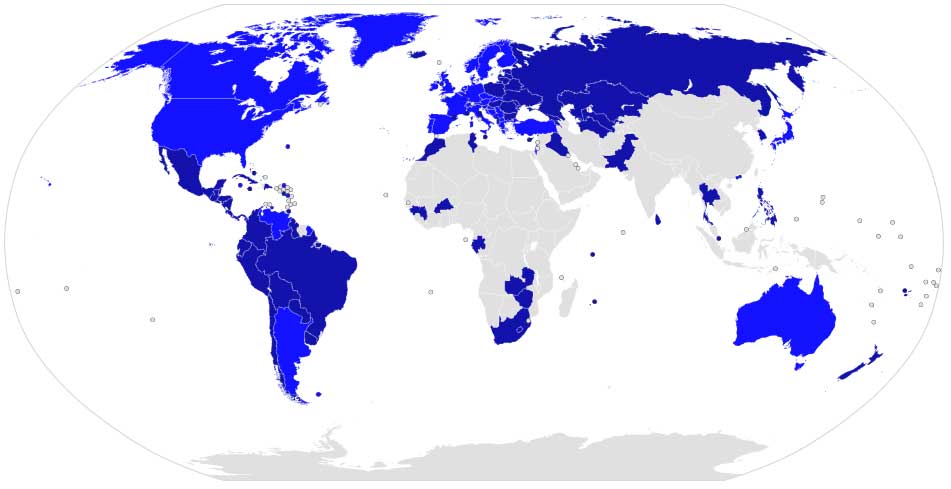Hague Convention in Thailand
The Hague Convention has many elements, but the one most relevant to the area of Thai family law is The Hague Convention on the Civil Aspects of International Child Abduction. The Hague Convention helps to protect the rights of children when they are under threat of abduction or being moved away from where they are habitually resident at. The benefit and goal of The Hague Convention is to make sure that one parent cannot just abduct or steal a child without issues. If the other parent wants to take action, he or she can use the Hague Convention to try to rectify this situation.
The Hague Convention and Thailand and the United States of America
In this example, we will look at how The Hague Convention can affect relations between Thailand and the US. Let’s say that you are an American citizen who is married to a Thai citizen in the United States. In this case, you may seek a court order from a court in the US related to custody. However, what happens if the mother takes the child back to Thailand? The Hague Convention provides this legal structure for Thailand and the US to work together on this matter. Since both Thailand and the United States ratified The Hague Convention, and if the child was habitually resident in the United States, and then was removed to Thailand, you can petition the Central Authority here in Thailand to help return your child to you.
What Can The Hague Convention Do for My Child?
As mentioned above, if you are a parent of a child who is then taken away from you, you can have your lawyer petition to have the child returned. However, we will need to make sure that you have a legal right to the child first. A parent that has sole custody of a child has the right to move the child to whatever country he or she chooses.
Details of the Hague Convention on Abduction
The Hague Convention requires us to show some of the following points:
- The child should be shown to be habitually resident in a country that is party to The Hague Convention.
- The Child should be shown to have been moved to another country that is party to The Hague Convention.
- We have to show that the actions of the other parent or guardian was against the plan / your wishes. We have to show that you did not want this to happen and did not agree to it.
- We have to show that The Hague Convention on Abduction was in place when the abduction happened.
- The child is considered a child, being under the age of sixteen (16).

How Can You Fight Against The Hague Convention on Abduction (Defense to The Hague Convention)
We can help you defend against someone else using the Hague Convention against you from the following defenses:
- Returning the child would put the child in a bad situation, either physically or psychologically.
- If the child is old enough to make independent decisions, the child may decide to stay in the other country.
- The statute of limitations is 1 year, in that more than 1 year has passed since the child was removed, making it difficult to return the child.
- If you agreed to the child being moved, then you cannot change your mind later.
- Human rights may be violated.
- At the time the child was moved, you did not have parental rights.
It is important to prepare for all of these no matter what side of the issue you are on.
Are There Avenues Besides The Hague Convention?
Yes, if a country involved is not part of The Hague Convention, or if you do not qualify under The Hague Convention, we can still help. We must then petition the family court in Thailand, such as the Central Juvenile and Family Court. We can obtain a court order from this court to establish custody of your child.



